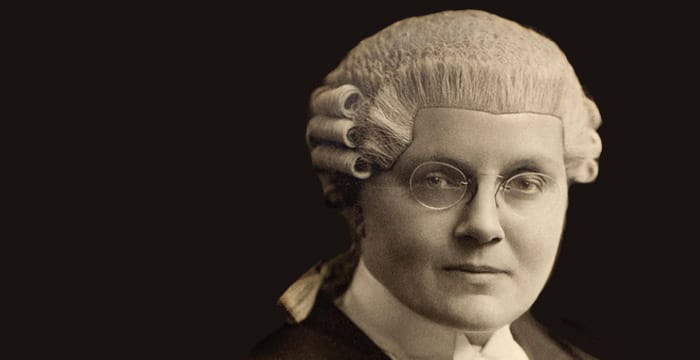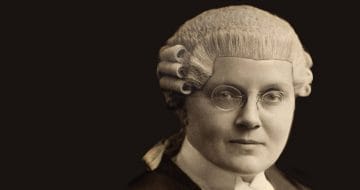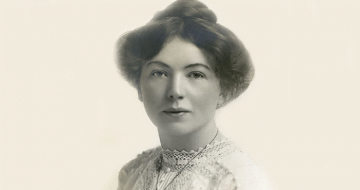Chronicles their lasting legacies

The incredible lives of some of the country’s first female barristers have been documented in a new blog.
The post, The Portia effect: Early women law students and their legacy, recounts the story of Helena Normanton, the first woman to practise at the bar, and her pioneering colleagues. It was published on the University of London’s Leading Women blog to mark Equal Pay Day (10 November).
The blog explains how Normanton was a remarkable woman known for achieving a number of “firsts” in her legal career. She began as a history lecturer and, while teaching, gained a first-class degree from the University of London. Having been called to the bar in 1922, she became the first woman to practise as a barrister. A committed feminist and a staunch advocate for divorce reform, Normanton later became the first woman to obtain a divorce for her client, the first woman to lead the prosecution in a murder trial, and, in 1949, one of the first women to be appointed King’s Counsel.
Written by Open University PhD student Laura Noakes, the blog also tells the story of Ivy Williams, the first woman to be called to the bar — narrowly beating Normanton by a few months. Williams never practised but became an academic, the very first woman to teach law at a British university.
So what of their legacy? The blog explains:
“These women were variously involved in the campaign for women’s suffrage, national and local politics, academia and reforming the law to improve women’s lives.”
Normanton’s legacy continues today. In September, we reported that 218 Strand Chambers, a London-based set which launched earlier this year, is set to rebrand as Normanton Chambers in January 2019 — a century after its namesake became the first woman to join an Inn of Court. In a letter to The Telegraph at the time, joint head of chambers Andrea Barnes, said:
“[Normanton] was a pioneer and a rule changer and went on to have a remarkable career opening doors that many thought were firmly closed.”

